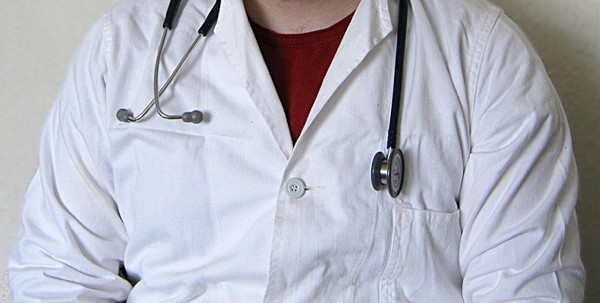
When I walk around the city, listen to people describe their experiences, and observe my own family members, I grow disheartened. Too many New Yorkers are unhealthy because they have inadequate housing, are living in poverty, are unemployed or have low paying jobs, lack access to quality education and nutrition, are bearing inequitable environmental burdens, lack access to open space and safe areas for exercise. These “social determinants of health” adversely affect their health status.
New York needs a “Public Health Mayor” who will address these issues.
Municipal leaders are charged with promoting the health and safety of their city's residents. New York City is no different and, with a diverse city like the Big Apple, it is surely not an easy responsibility for any mayor to tackle.
{sidebar id=11}
However, it is unacceptable that almost 2.5 million New Yorkers have been characterized as “medically underserved” — lacking sufficient primary and preventive care services — and that major gaps in public-health status persist in our city. These gaps were very apparent the day after Superstorm Sandy, when parts of the city’s health care system operated full swing while others were virtually immobilized.
Our next mayor must focus on eliminating health disparities, particularly in immigrant communities and communities of color. This can be done by ensuring the availability of culturally and linguistically appropriate services; improving access to health care for immigrants, the uninsured, and the underinsured; promoting effective primary care and prevention services; helping individuals with disabilities and chronic illnesses like HIV/AIDS; protecting resources for women’s health, children’s health, mental health, and early intervention; and developing a high-quality and diverse workforce within the healthcare industry; addressing issues impacting sex workers; and key parts of the Affordable Care Act incentives healthy outcomes, especially for vulnerable communities.
We need assurances that the next mayor will continue to support the public health and hospital system, with health services in medically underserved communities.
There are many moral arguments for public health issues to be one of the incoming mayor’s top priorities. However, I also recognize the insufficiency of those arguments. It is also important to understand the economic case for action. Small investments in prevention can stave off higher future health costs. Mayoral leadership on public policy recommendations like paid sick days only makes our workforce more productive and improves the health of our fellow New Yorkers. Providing social supports to pregnant and parenting women and families has been shown to improve birth outcomes, and avoid costly ongoing infant medical costs. The next mayor can ensure the sustainment of low-cost or no-cost measures that can jumpstart local efforts to address public health concerns and issues.
Whatever your opinion is about the current mayoral administration’s priorities around public health concerns, there is still a need for a systematic, comprehensive and holistic approach that truly involves planning from the ground up.
A “Public Health Mayor” must recognize the indispensable role that community members and labor play in improving health care throughout the city, and through leadership must create an environment that includes community voices in the decision-making and policy-setting processes.
In appointing people to positions such as the Commissioner of the Department of Health and Mental Health, the mayor can exercise this type of leadership by selecting people who value community input and support community-led approaches to closing the gaps in health status. This can only be successful if the “Public Health Mayor” devotes sufficient attention to these issues, commits the necessary revenue and resources, ensures transparency in spending and operations, and provides accountability for public health programs.
We must recognize that a great city like New York can only fulfill its promise of greatness when it is better for everyone on all economic and social justice issues. For many of our community partners, the Mayor can make a profound effect on access to health care, prevention, wellness and other health issues. The next mayor must be a “Public Health Mayor” who will make addressing public health issues as one of the his or her highest priorities.
Anthony Feliciano is the director for the Commission on the Public’s Health System, whose mission is to fight for equal access to quality healthcare for everyone regardless of race, ethnicity, language spoken, diagnosis, or the ability to pay. CPHS coordinated a coalition of community, labor, academic, professional organizations and individuals who sponsored a New York City Mayoral Candidate Forum on Important Public Health Issues on January 16th, 2013.




